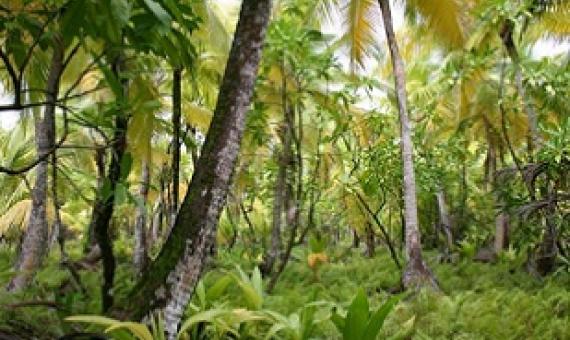Marine ecologist and National Geographic explore-in-residence Enric Sala has written a new book, The Nature of Nature: Why We Need the Wild, published Aug. 25. The book is a primer on “ecology for people in a hurry,” Sala writes, revealing the startling diversity of life on our planet.
Lord Goldsmith said the UK has a lot in common with the Pacific with shared views on climate, biodiversity and the ocean...The UK has a number of initiatives that will continue to address the climate/ocean nexus following the virtual visit.
A vast transition from fossil fuels to renewable energy is crucial to slowing climate change. But building solar panels, wind turbines and other renewable energy infrastructure requires mining for materials. If not done responsibly, this may damage species and ecosystems.
The Consequences of COVID‑19 and Other Disasters for Wildlife and Biodiversity
We review the economic channels by which the COVID-19 pandemic and subsequent policy responses may affect wildlife and biodiversity. The pandemic is put in the context of more than 5,000 disease outbreaks, natural disasters, recessions and armed conflicts in a sample of 21 high biodiversity countries. The most salient feature of the pandemic is its creation of multiple income shocks to rural and coastal households in biodiverse countries, correlated across sectors of activities and spatially. Various research and policy opportunities and challenges are explored.
A widespread loss of pollinating animals in recent decades is a fundamental deterioration in nature. This loss will ultimately lead to a “catastrophic collapse of nature’s ecosystems”.
Join IIED on Wednesday, 9 September for an online discussion on how debt relief can be addressed through climate and nature programme swaps. In the wake of the COVID-19 pandemic, urgent debt relief is needed.
‘Restore Tagabe River, 40 and beyond’ is the theme of the National Forestry and Tree Planting Week launched by the Minister of Forestry, Willie Daniel Kalo, to raise awareness about the importance of trees and forest for ecological, social and economic purposes.
The healing properties of some plants used in traditional Samoan medicine have been scientifically proven in a new study. Published on Friday in the Journal of Ethnopharmacology it looked at 14 Samoan plants.The Samoa Observer reports all were found to have positive effects on wounds, burns
Chinese researchers have discovered that the plant community showed higher sensitivity to plant invasions than the soil microbial and fauna communities on tropical coral islands.
For millions of years, remote islands have been hotbeds of biodiversity, where unique species have flourished.

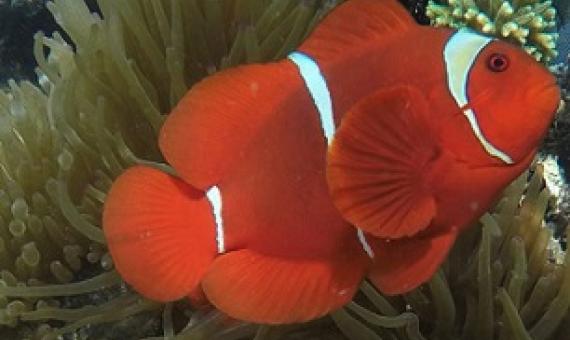
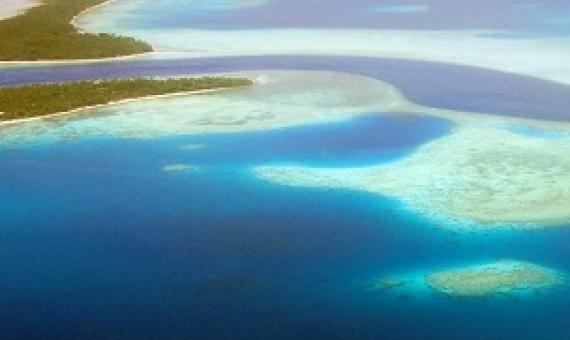
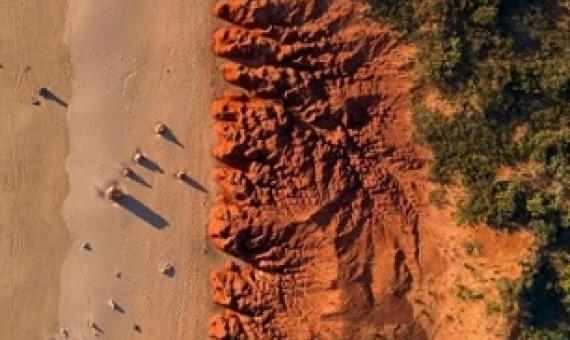
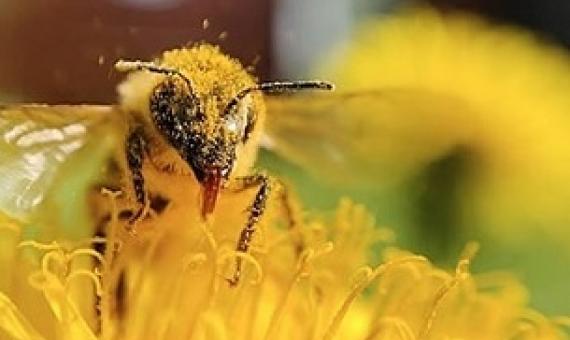

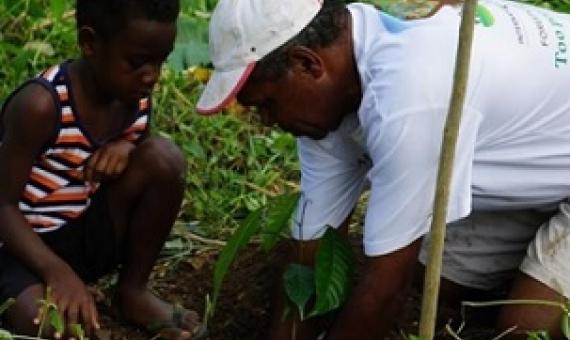
![Homalanthus nutans, or Mamala. Photo: [Mark Marathon / CC BY-SA (https://creativecommons.org/licenses/by-sa/4.0) Mark Marathon]](/sites/default/files/styles/news_teaser/public/tradPLANTS_sam.jpg?itok=W_t_Vb4j)
